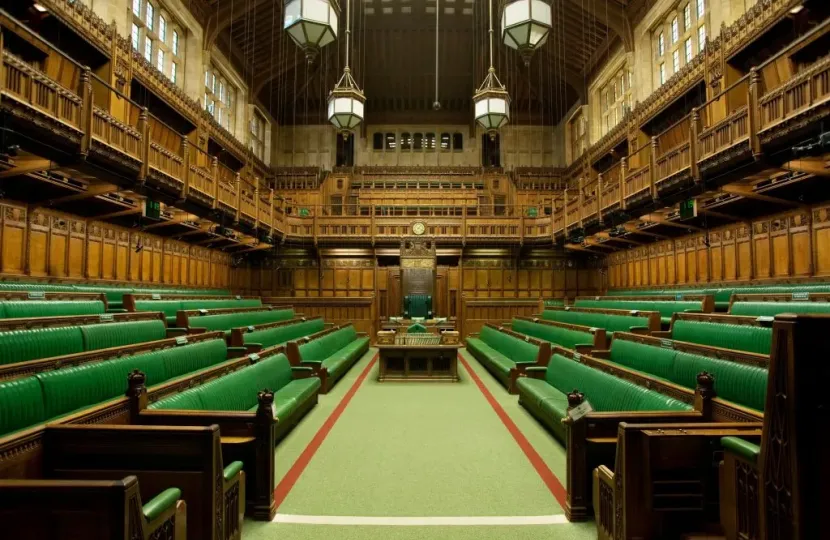
I have always been open minded on the question of assisted dying. I don’t have any moral or ethical issue per se with a person making that choice. However, like most things in life, it’s more complicated than that. There are many other considerations; and my job is to consider all groups, weighing up their needs and vulnerabilities, in reaching a decision that is in my constituents’ best interests overall.
Accordingly, I have spent the last month doing a great deal of reading and research on assisted dying, including looking at different models used around the world and considering testimonies from those both for and against the new proposals. I have also read hundreds of powerful submissions to my MP Survey on this topic. I am enormously grateful to everyone who took the time to share their point of view.
It is undeniable that here in the UK there are a number of people who are suffering at the end of life who would benefit from the option to choose the time and nature of their passing. I have the utmost sympathy for these individuals and their families. It is clear that the act of reclaiming control at the end is something that can bring great comfort in an individual’s final months and days.
With that said, I do however, have reservations about the introduction of assisted dying; and as of now, these have not been addressed to my satisfaction by the text of the draft Bill. There are no detailed plans on how assisted dying would be delivered in practice, giving me no reassurance that reliable safeguards can be deployed effectively, or indeed that it is even a realistic prospect to further burden the NHS, and our judicial system at an already challenging time.
My greatest concern is the issue of unintended consequences arising at some future point, commonly referred to as the ‘slippery slope’. I am worried that if we open the door a crack, there will be those who put a shoulder up against it to swing it wide open. Arguments will be made about ‘human rights’ and being more ‘inclusive’ to justify expanding the right to die to ever broader groups. I am simply not comfortable with opening the door to that risk, given the great harms to the most vulnerable in our communities that come with it.
I am also extremely alert to the concern raised that ‘the right to die’ could all too easily start to feel like ‘a duty to die’. This could manifest as elderly people worrying about becoming a burden on their families, or even upon the NHS. No person should ever choose to end their life out of some misplaced sense of duty.
I worry too that this is not the right time. With palliative and end-of-life care underfunded and adult social care struggling, assisted dying offers an alternative option that may seem more appealing in this current light. So, before any further consideration is given to introducing it, palliative and end of life care must be properly funded and resourced so individuals have confidence that they will get the pain relief and dignity they need when the time comes.
I am also greatly concerned about what we are asking our doctors, nurses and other medical practitioners to take on. This was not in the job description when they started their careers in medicine, and I don’t think it is fair to expect them to take on this responsibility, which no doubt will weigh heavily. I have spoken to several doctors over the last few weeks and all oppose this Bill for a myriad of reasons. I find this very telling.
For all these reasons, I do not intend to support the Terminally Ill Adults (End of Life) Bill and will vote against it on the 29th November. Instead of this Bill, I would like to see far more time and resources put towards improving palliative and end of life care so that all those coming to the end of their life can be as comfortable as possible.
I know there will be many who will be disappointed with my decision, but I do hope this statement explains my reasoning. It has not been easy getting to this point, but I assure you I have given it much time and thought in recognition of the great importance of this vote.



